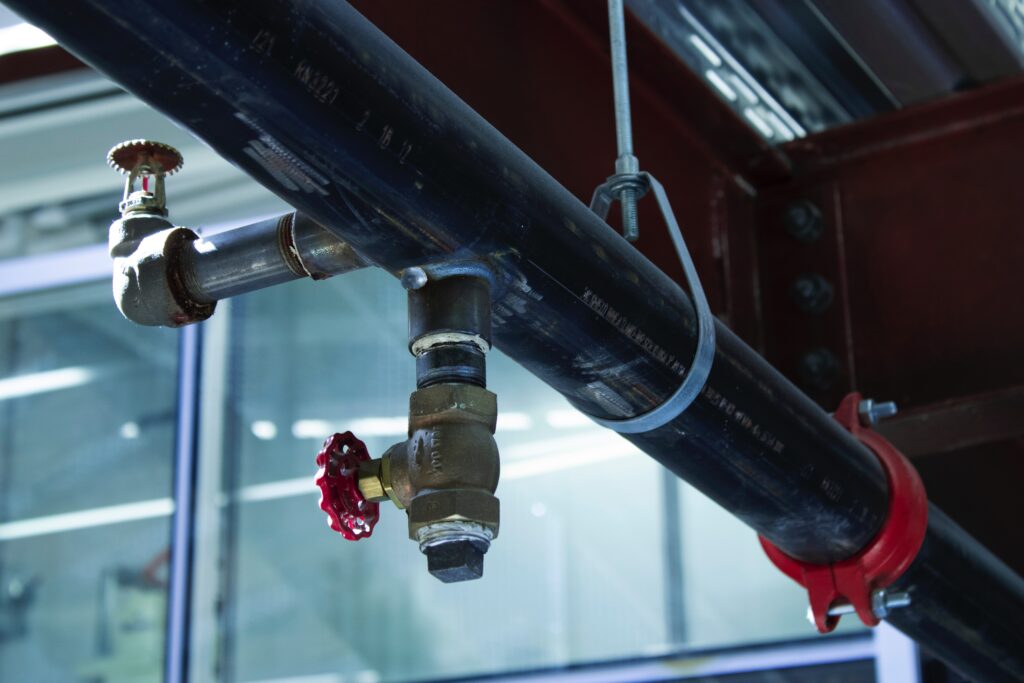Plumbing systems and components are made to last for years. Yet, you will find leaks, clogs, damages and slow draining of the plumbing items such as fixtures, faucets, water heaters, etc. Therefore, you must maintain the plumbing system to avoid costly repairs.
As you know the plumbing maintenance tips, you can use the system with better effect. You should check the plumbing accessories regularly, fix small leaks immediately, remove clogs, etc. So, let’s jump to find the top ways to keep your plumbing in tip-top condition. Also, read Common water heater problems and their solutions.
Top Plumbing Maintenance Tips:
Did you get a new home? Congratulations!
However, for the best experience in your home, always remember the plumbing maintenance. Or else, you will find water backing up, slow draining events, and odors inside the kitchen, toilet, and other spaces. So, check the maintenance tips for plumbing accessories.
Regular Inspections:
You must conduct regular inspections of your plumbing system. It is like giving it a check-up for the pipes, fixtures, and connections for any signs of:
- Leaks: Check for water stains, mold, or musty odors. Sometimes, leaks can be hidden behind walls or under floors, so be vigilant.
- Corrosion: Corrosion can weaken pipes and cause leaks. Pay attention to any green or white buildup on pipes, as these are signs of corrosion.
- Damage: Look for cracks, dents, or loose fittings in pipes and fixtures. Damaged components can lead to leaks or reduced water pressure.
Fix Leaks Promptly:
Even minor leaks can cause significant damage over time. It mainly includes mold growth, rotting wood, and increased water bills. When you find any leaks, you must act immediately, or it can cause higher water bills. It may even flood your home.
- Tighten Fittings: If you notice a minor drip, try tightening the fittings with a wrench or pliers.
- Replace Washers: Leaking faucets are often caused by worn-out washers. Replacing them is a relatively simple DIY fix.
- Clean the faucets: sometimes debris buildup can also cause leaks. So, you must clean the fixtures and faucets to avoid such conditions.
Check Water Pressure:
On average, the plumbing system should maintain 30PSi to 80PSI water pressure. High water pressure can put stress on your pipes, leading to leaks and damage.
Conversely, low water pressure can be frustrating for daily tasks like showering and washing dishes. You can check water pressure using a pressure. Also, you must adjust it to the recommended 40-60 PSI range using a pressure regulator.
Maintain Drains:
Clogged drains are a common nuisance. It will cause the water to back up through the kitchen and bathroom sink and even toilets. So, you must maintain the drains to avoid clogs. You can use drain screens for it. So, you can install drain screens in sinks and showers to catch hair, soap scum, and debris.
Also, you must avoid flushing non-flushable items. You should only flush toilet paper and human waste. You must refrain from flushing items like wipes, dental floss, and cotton balls. Clean and flush your drains with hot water periodically to prevent buildup.
Insulate Pipes:
Insulating pipes is crucial, especially in colder climates. Frozen pipes can burst and cause extensive damage. Insulation helps maintain a consistent temperature and prevents freezing. Focus on pipes in unheated areas and those exposed to the elements.
You can use foam pipe sleeves, faucet covers, pipe wrap, and even fill gaps between the pipes and walls to insulate them. It will lower your energy bills and boost pipes and fixtures’ longevity. Read more.
Maintain Your Water Heater:
Your water heater plays a vital role in daily life. So, you need to maintain it properly to avoid mineral buildup and water wastage. Thus, you must drain your water heater annually to remove sediment buildup, which can reduce its efficiency.
Moreover, you must ensure the water temperature is set to a safe and energy-efficient level. Around 120°F (49°C) is typically recommended. If your water heater is more than 10-15 years old or shows signs of rust and leaks, consider replacing it with a more energy-efficient model.
Test Sump Pumps:
Sump pumps are essential for preventing basement flooding. It is particularly helpful in areas prone to heavy rains. If you don’t maintain the SUMP pipe timely, it can cause floods in your home.
- Pour water into the sump pit to trigger the pump. This way, you can verify that it discharges water properly.
- Invest in a backup power source for your sump pump, such as a battery-powered backup. It will ensure that the pump functions during power outages.
Prevent Toilet Problems:
Toilets are one of the most frequent plumbing components in any space. So, they can be a frequent source of plumbing problems. You should periodically check the tank for worn-out or damaged components. Replace flappers, fill valves, and flush handles as needed.
Also, do you hear constant running or unusual noises? It’s a sign of a problem that needs immediate action, so inspect and call the professional.
Protect Against Hard Water:
Hard water contains high levels of minerals like calcium and magnesium. Unfortunately, most of the American regions face higher problems with hard water. So, you must address the problem and find ways to mitigate its effect.
- Water Softener: Installing a water softener to reduce the hardness of your water supply.
- Regular Cleaning: Clean faucets and showerheads regularly to remove mineral deposits.
- Descaling Agents: Use descaling agents or vinegar to remove stubborn mineral buildup.
Conclusion
For plumbing systems, you should take proactive steps to maintain the system. It can save you money, conserve water, and extend the life of your fixtures and appliances. Regular inspections, prompt repairs, and professional maintenance are essential components of a successful plumbing maintenance routine. It will ensure that your plumbing remains in top-notch condition for years to come.


